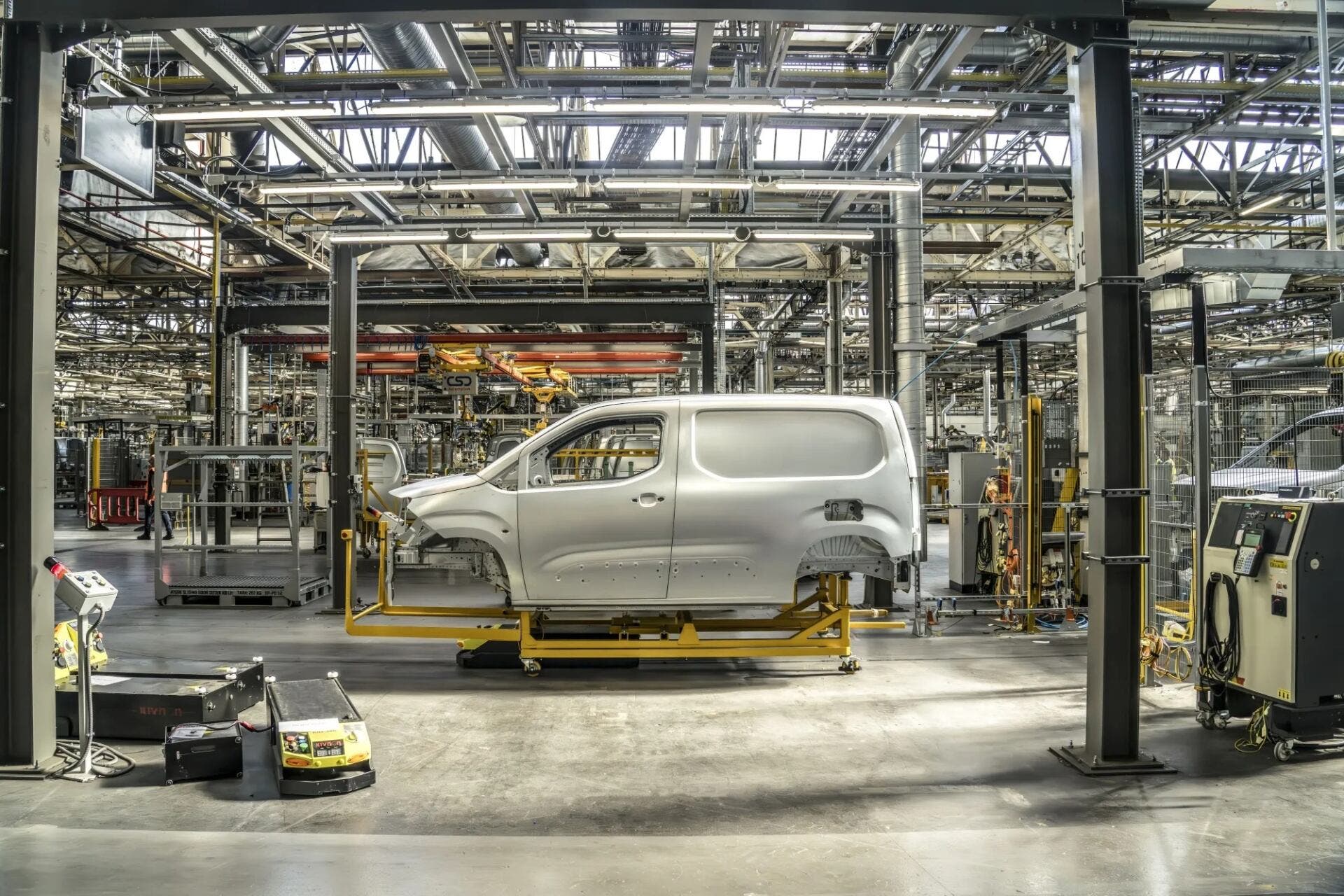The future of Stellantis manufacturing in the UK is at a crossroads because of ambitious electric car regulations. Stellantis is about to make a decision that could decide what the future of the automotive industry in the United Kingdom will be. Indeed, the company is at a time when emissions regulations are becoming more and more assertive, which is precisely why it may decide to marry production elsewhere. In this regard, Tavares said that if government regulations do not change, the company will be forced to abandon its UK plants.
Emissions regulations could create problems in UK
Stellantis in the coming weeks will have to decide on the future of production facilities on the UK territory, which could completely revolutionize the industry. As we have discussed before on other occasions, emissions regulations require results too fast for manufacturers who are having difficulty keeping up. This is precisely why Tavares may decide to permanently move the production of the cars that currently takes place in the UK to another place.
Stellantis therefore, after having a long discussion with the UK government, is in the middle of a decision-making process on the issue., as CEO Carlo Tavares himself also confirmed. This is a discourse that had already been addressed in the past, last June to be precise, where the idea of moving Vauxhall’s production was already considered, as the regulations turned out to be unsustainable for the manufacturer.

Carlos Tavares’ statements
Just a few days ago – on Monday to be precise – Tavares told Bloomberg Television that the government is trying to implement a policy regarding a target for sales of electric vehicles that would currently be exactly double consumer demand. The CEO, says that if the European mainland wants Stellantis to be able to sell a fair mix of combustion and electric vehicles, it will necessarily have to help make sure that demand rises. Something that has already been discussed for several months with the U.K. government, which is currently in danger of losing its manufacturing plants in the country.

Stellantis’ number one also said that the company is getting to a point where it will be forced to make a final decision as early as the next few weeks. The U.K. government has introduced a mandate that starting this year, 22 percent of new cars that are sold by every dealer must be zero-emission. This threshold, however, is set to increase to 80% by 2030. The argument is slightly different for vans, which will have to be 70% sold in zero-emission mode, again by the year 2030.
What could happen if automakers fail to comply with regulations
What if automakers fail to comply with the regulations? All those who fail to meet the set numbers could be punished with a fine that amounts to 15,000 pounds (or about $19,500) for each vehicle sold that did not comply with the regulations. In any case, there is a possibility of avoiding these fines if one participates in a credit exchange program, which would allow dealers to recover their expenses in subsequent years.

